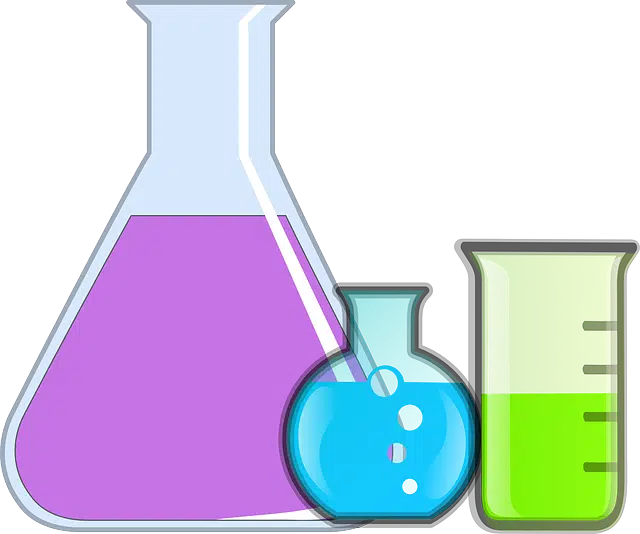
A wealthy person is solvent.
The first thing we have to do is establish the etymological origin of the word that we are now going to analyze exhaustively. Specifically, we can determine that it is found in Latin and more accurately in the term solvens , which can be translated as "he who pays."
Solvent is an adjective that refers to someone who resolves , who does not have debts or who deserves credit . A solvent person , therefore, is capable of successfully fulfilling an obligation or a job . It is also the subject who is in a position to face economic obligations .
For example: “We have to hire a solvent person who can help us solve the company's problems,” “I need someone solvent to run the marketing department,” “I have to prove that I am solvent so I can access new credit.” , “The bank rejected the granting of the loan since Mario is not solvent” .
The solvent in chemistry
In the field of chemistry , a solvent substance is one that can dissolve . The homogeneous mixture between a solvent and a solute is known as a solution .
In solutions, therefore, the solvent or solvent appears in greater quantity and allows the solute to dissolve. In other words, the solvent allows the solute to disperse within it. The most common thing is that the solvent is the substance that establishes the physical state of the solution.

In chemistry, a solvent is a substance that can dissolve.
Classification according to type
We can speak of polar solvents (which, in turn, are divided into polar protic and polar aprotic ) and nonpolar solvents , according to their molecular composition. Solvation is the process by which the solvent molecules surround the solute molecules and allow dissolution. The most common solvent, considered the universal solvent, is water .
All this without forgetting that there are so-called organic solvents, also known as volatile organic substances. They have the particularity that they release a series of compounds into the atmosphere and that they evaporate quickly into the air. Hence, those that, as a general rule, are used to undertake cleaning tasks or to dissolve certain materials are considered an important source of contamination.
In response to them, so-called alternative solvents have emerged that significantly reduce the damage caused to the environment. Specifically, they can be divided into several categories: neoteric, benign and reactive. As we said, they have a series of advantages when it comes to protecting the environment and that is that they use chemical substances that are absolutely respectful of it.
Sustainable solvents
However, we must not forget the fact that they are even carried out through a series of chemical procedures that are more efficient, from an energy point of view. Hence, these alternative solvents, also called new solvents, are classified as an integral part of “green chemistry”.
A scientific sector is the one that has allowed the creation of what is known as a sustainable solvent, which does not cause any harm to the environment.
The concentration of the solution , finally, reflects the relationship between the amount of solvent and the amount of solute in a homogeneous mixture.
